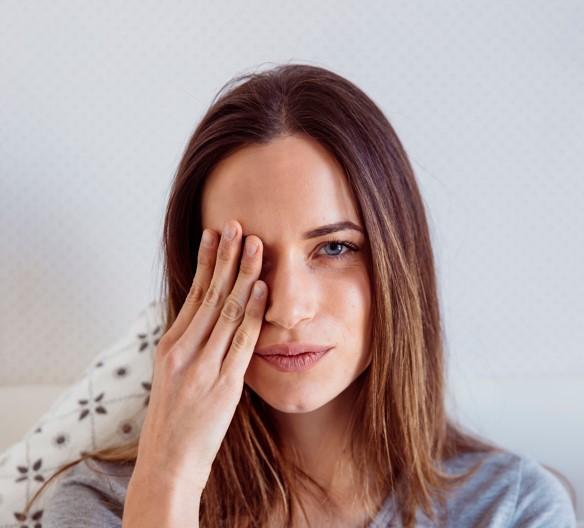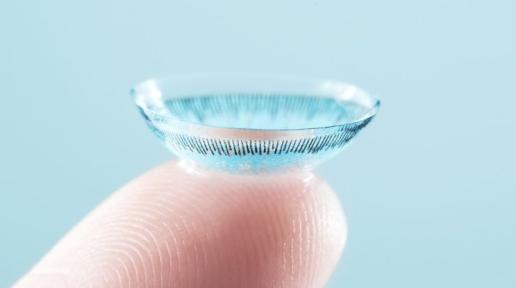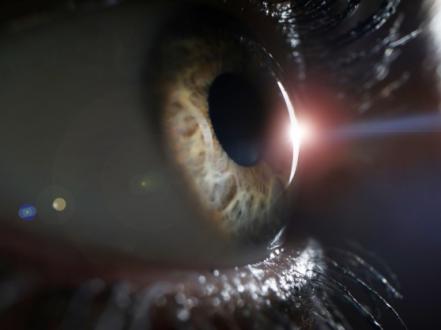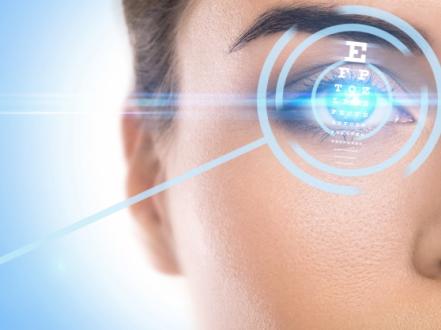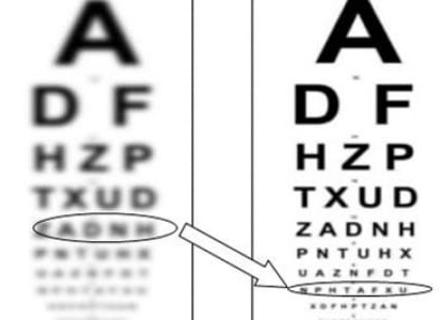An involuntary spasm or movement of the muscles around the eyelid is known as eye twitching. While eye twitching is usually benign, it may cause pain and worry particularly if it lasts for a long time. Although there are multiple medical reasons for eye twitching, beliefs and superstitions about eye twitching are also somewhat popular in many different societies all over. The medical, cultural, and superstitious features of eye twitching will be discussed in this paper along with thorough knowledge and useful guidance on how to control it from a medical perspective.
Medical Views: Causes of Eye Twitching
Many times, different lifestyle choices or underlying medical disorders lead to eye and eyelash twitching. Among the most often occurring medical reasons are:
Stress and Fatigue: Muscle spasms in the eyelid may be brought on by either too little or too much sleep or stress. Often this discomfort is relieved by lowering stress and obtaining adequate sleep.
Digital Stress: Extended screen time or reading in low light can cause eye strain, which would cause the muscles around the eye to twitch.
Extra Stimulants: Overconsumption of stimulants like coffee or alcohol raises the possibility of eye twitching.
Nutritional Deficiencies: Muscle spasms—including those in the eyelids—may be caused in part by a shortage of key minerals, especially magnesium and potassium.
Allergies and Dry Eyes: Frequent blinking and twitching might result from eye irritation brought on by allergies and dry eyes.
Rarely occurring neurological disorders include blepharospasm or hemifacial spasm might be indicated by ongoing eye twitching. If twitching is severe or persistent, a visit to a medical practitioner is advised.
Women's Left Eye Twitching: What Does It Mean?
Although physiological causes are often simple, cultural and superstitious beliefs provide more fascinating explanations of such specific issues as left-eye twitching for females. Distinct nations have distinct superstitions concerning eye twitching, and many of these ideas are exclusive to the gender and the eye afflicted.
For women, left eye twitching often has different cultural connotations:
- Often seen as a favorable omen, the twitching of the left eye for females is unique in Indian culture. It is supposed to bring encouraging news or occurrences like the arrival of a loved one or achievement in personal projects.
- In certain African societies, left-eye twitching for females is seen as a warning indication of emotional turbulence or conflict. It might indicate that someone nearby is thinking poorly of them or gossiping.
- It holds that the time of day the twitching starts also influences things. While twitching between 1 p.m. and 3 p.m. is said to bring good fortune, for women, the left eye's twitching between 7 p.m. and 9 p.m. might indicate an approaching conflict.
- On the other hand, left-eye twitching meaning is often interpreted by Western superstitions as a sign of getting bad news or some tragic incident.
Though fascinating, many beliefs lack scientific support. They do, however, draw attention to how our perspective of physical events could be shaped by cultural narratives.
Right Eye Twitching Meaning for Women: Views and Realizations
For women, the interpretation of right eye twitching differs considerably depending on the culture:
- Generally speaking, the twitching of the right eye for females is seen negatively in India. It is often connected with little life hurdles, delays, or ill fortune.
- Conversely, in Chinese customs, especially if it occurs during the daylight, a female's right eye twitching is said to bring good fortune and auspicious news.
- Right eye twitching is said to indicate an approaching meeting or contact with an old friend or acquaintance in various Middle Eastern countries.
- Native American beliefs hold that right-eye twitching meaning is about a change in personal energy or an indication of spiritual enlightenment.
Notwithstanding these different points of view, superstitions are cultural narratives rather than scientifically supported realities. Thus, even if they are interesting to think about, they should not be considered as final answers.
Eyelash Twitching: Should You Worry?
Twitching of the eyelashes is another kind of eye twitching some report having. Little, repeating spasms at the base of the eyelashes define this phenomenon.
Stress, eye strain, or tiredness are common causes, similar to ones that induce eyelid twitching. It may also be connected to dry eyes or disorders like blepharitis, which is eyelid inflammation.
When to Worry?
Although most of the time benign, prolonged twitching may indicate an underlying condition such as blepharospasm or other neuromuscular diseases. See an eye care specialist if you have persistent or uncomfortable twitching.
Preventive Advice
Think about cutting screen time, lowering coffee consumption, making sure you get enough sleep, and using lubricating eye drops to keep your eyes moist to help minimize eyelash twitching.
How to Stop Eye Twitching: Workable Treatments
Although it normally is benign, eye twitching may be bothersome. These are some potent treatments said to help stop or lessen eye twitching:
- Engaging in relaxation activities such as yoga, meditation, or deep breathing exercises can greatly lessen stress levels and hence minimize eye twitching.
- Make sure you are receiving enough good quality sleep. To operate as they should, the body and eyes require rest; insufficient sleep might cause more twitching.
- Reduce caffeine and alcohol consumption. Since these products overstimulate the nervous system, cutting less on caffeine and alcohol will aid in reducing twitching incidence.
- Make sure you drink enough water and have a balanced diet full of vitamins and minerals, especially magnesium and potassium, which are vital for muscular health.
- Using a warm compress to the afflicted eye can assist in relaxing the muscles and reduce twitching. Spend some minutes several times a day doing this.
- Think about artificial tears or lubricating eye drops if dryness is causing your eye twitching.
- See a care specialist for a complete evaluation and suitable therapy if eye twitching lasts many weeks or is accompanied by additional symptoms such as face spasms or redness.
Common and often benign, eye twitching may be brought on by stress, tiredness, or pressure. Still, knowing the medical causes as well as the complex tapestry of myths concerning eye twitching can help one see things from a more complete angle. Although these cultural interpretations should be known, for persistent or concerning symptoms, it is always advisable to see a healthcare practitioner. Maintaining a good lifestyle and tackling any causes can help you to reduce eye-twitching incidence and lead to a more pleasant existence.
